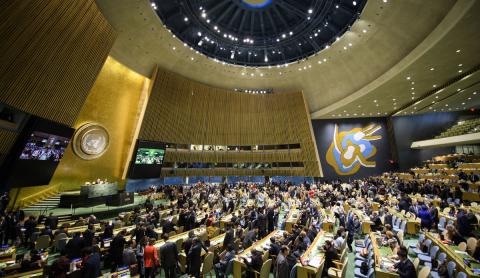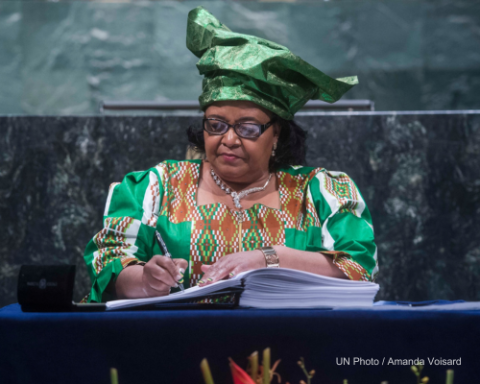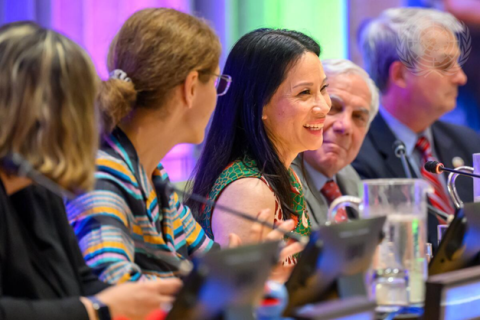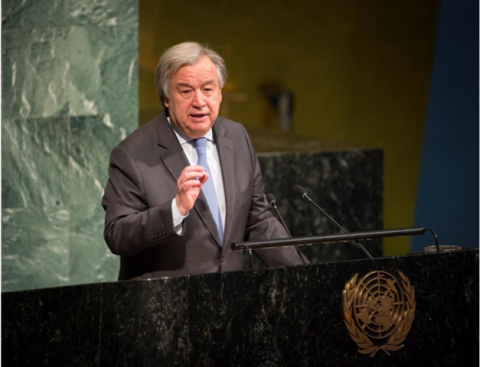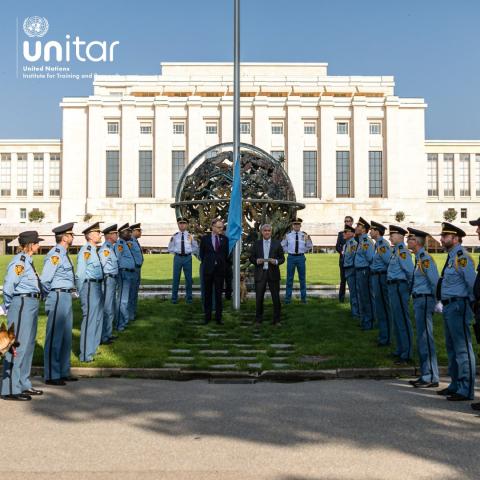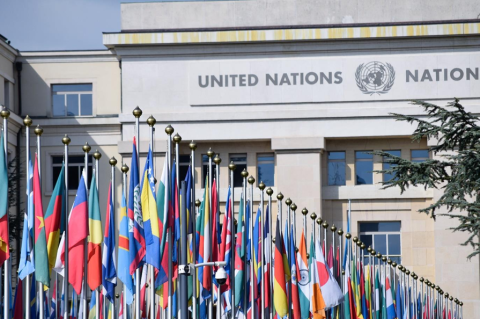12 sur un total de 170 événements
-
Open-registration event
E-learning
Ouvert pour s'inscrire / appliquer
-
Open-registration event
E-learning
Ouvert pour s'inscrire / appliquer
-
Application-based event
E-learning
Ouvert pour s'inscrire / appliquer
-
Application-based event
E-learning
Ouvert pour s'inscrire / appliquer
-
Application-based event
E-learning
Ouvert pour s'inscrire / appliquer
-
Application-based event
E-learning
Ouvert pour s'inscrire / appliquer
-
Application-based event
E-learning
Ouvert pour s'inscrire / appliquer
-
Application-based event
E-learning
Ouvert pour s'inscrire / appliquer
-
Open-registration event
E-learning
Ouvert pour s'inscrire / appliquer
-
Open-registration event
E-learning
Ouvert pour s'inscrire / appliquer
-
Open-registration event
E-learning
Fermé aux inscriptions


